A Festive Feast: How Italian Christmas Traditions Stand Apart
Italy, a country steeped in history and culture, brings its unique charm to the Christmas season. From the warm glow of nativity scenes to feasts that feel like a culinary symphony, Christmas in Italy is a celebration that intertwines tradition, family, and regional flavors. Here’s how Italian Christmas differs from celebrations in other parts of the world, with a focus on locations, food, and customs.
Magical Locations: Where History Meets Holiday Spirit
In Italy, Christmas is a time when centuries-old traditions come to life against a backdrop of breathtaking landscapes and historic towns. Unlike the snowy wonderlands often associated with Northern European or American Christmases, Italy’s holiday charm is more diverse.
- Nativity Scenes (Presepi): The art of creating elaborate nativity scenes is an Italian hallmark. Towns like Naples are famous for their handcrafted presepi, with Via San Gregorio Armeno dedicated to selling intricately designed figurines. In contrast, many countries focus more on Christmas trees and lights.
- Historic Squares: Italian piazzas transform into festive markets, such as the ones in Bolzano and Florence, offering artisanal goods and local delicacies. These markets are distinct from the grand Christmas markets of Germany or Austria, emphasizing intimacy and regional charm.
- Unique Celebrations by Region: From Venice’s canals shimmering with lights to Sicily’s coastal festivities, each region offers a different flavor of Christmas. In contrast, other countries often emphasize a more standardized holiday aesthetic.
A Culinary Celebration: The Italian Feast
When it comes to Christmas food, Italy’s traditions shine with regional diversity and culinary excellence. While many countries focus on a singular grand meal, Italy’s approach is a multi-day gastronomic journey.
- La Vigilia (Christmas Eve): Italians honor the Feast of the Seven Fishes, especially in southern regions. This meal features dishes like baccalà (salted cod), fried calamari, and spaghetti alle vongole (clams). In comparison, Christmas Eve in countries like the UK or the US may center around roast turkey or ham.
- Christmas Day: The feast continues with pasta dishes like lasagna or tortellini in brodo, followed by roasted meats such as lamb or veal. Regional desserts like panettone, pandoro, and torrone add sweetness to the celebration. These differ from the Christmas puddings or mince pies enjoyed in the UK.
- Santo Stefano (December 26): Italians extend the festivities with another day of feasting, enjoying leftovers and regional specialties. This contrasts with countries where the day after Christmas often marks the end of major celebrations.
Traditions That Warm the Heart
Italian Christmas traditions are deeply rooted in family and faith, offering a distinct perspective compared to the commercialized celebrations found elsewhere.
- La Befana: While Santa Claus makes his rounds on December 25 in most countries, Italians also celebrate La Befana, the kind witch who delivers gifts on January 6, Epiphany. This adds an extra layer of festivity unique to Italy.
- Midnight Mass: Attending midnight mass on Christmas Eve is a cherished custom, with services held in historic churches, including St. Peter’s Basilica in Vatican City. The spiritual emphasis of the season contrasts with more secular celebrations in other parts of the world.
- Family First: In Italy, Christmas is all about family. Multi-generational gatherings are the norm, with shared meals and traditions passed down through the years. While family plays a role worldwide, the Italian emphasis on togetherness feels particularly profound.
The Italian Spirit of Christmas
What sets an Italian Christmas apart is its authenticity. It’s not just about the glittering lights or the gifts under the tree but about the traditions that connect people to their history, culture, and loved ones. Whether savoring a slice of panettone, admiring a presepe, or sharing stories around the dinner table, Christmas in Italy is a feast for the senses and the soul.
Read more articles over here!
Enjoy some Italian movies on Movieitaly+



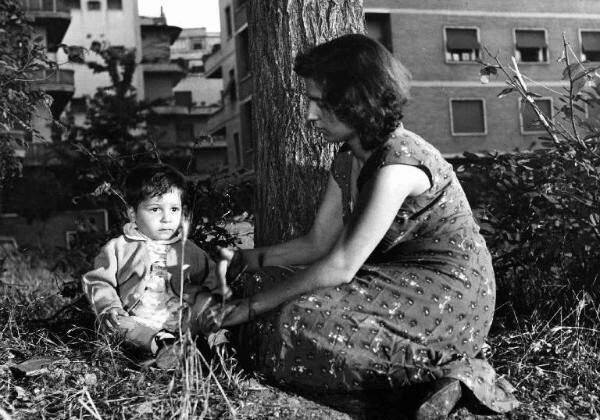
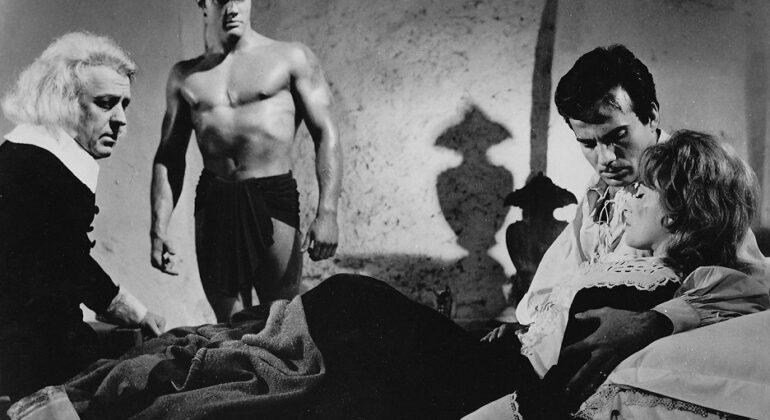
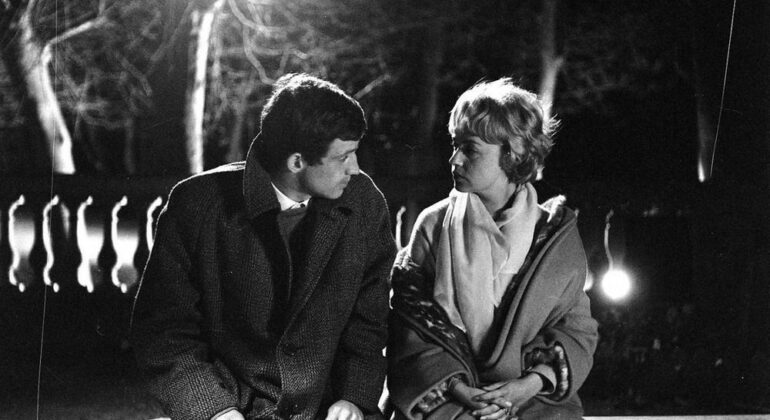
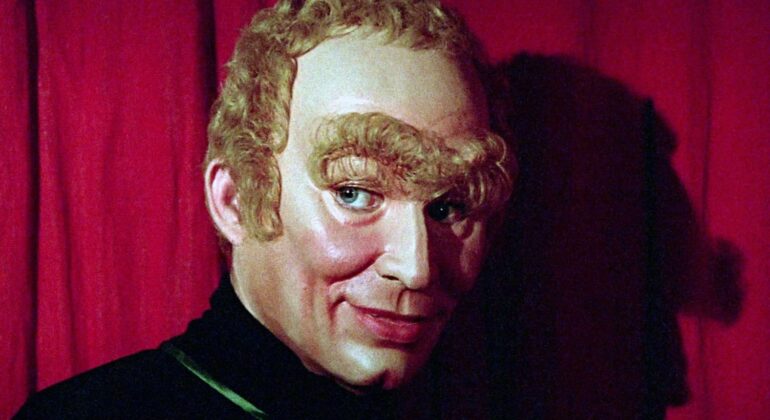
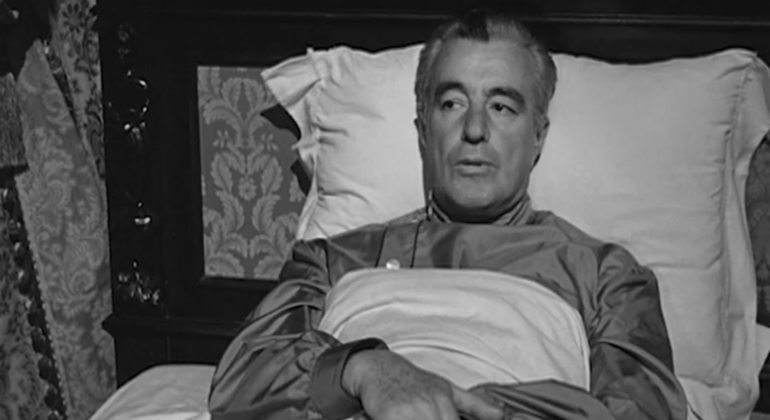



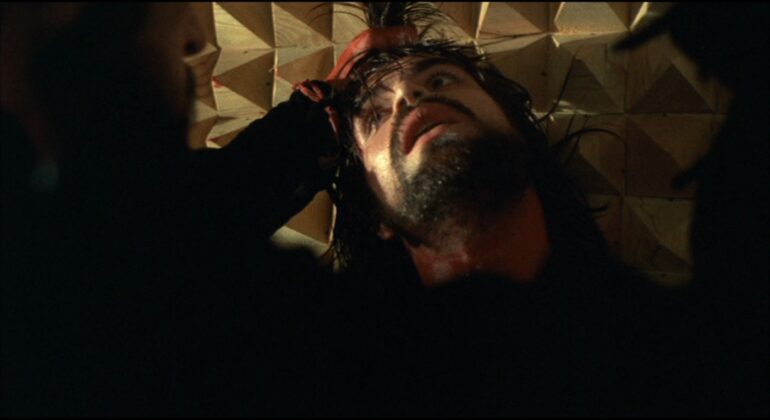

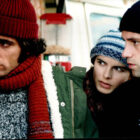


Recent Comments